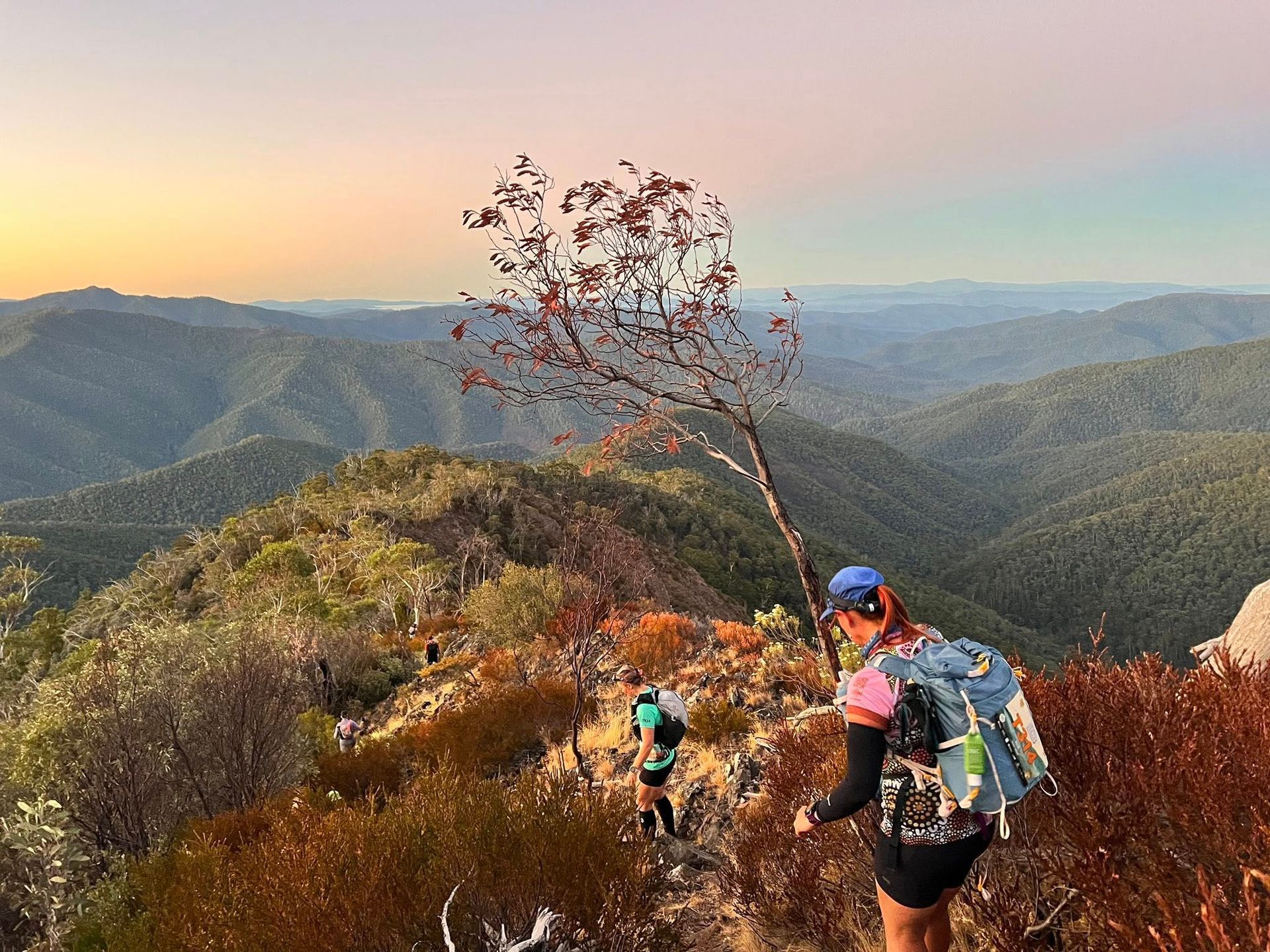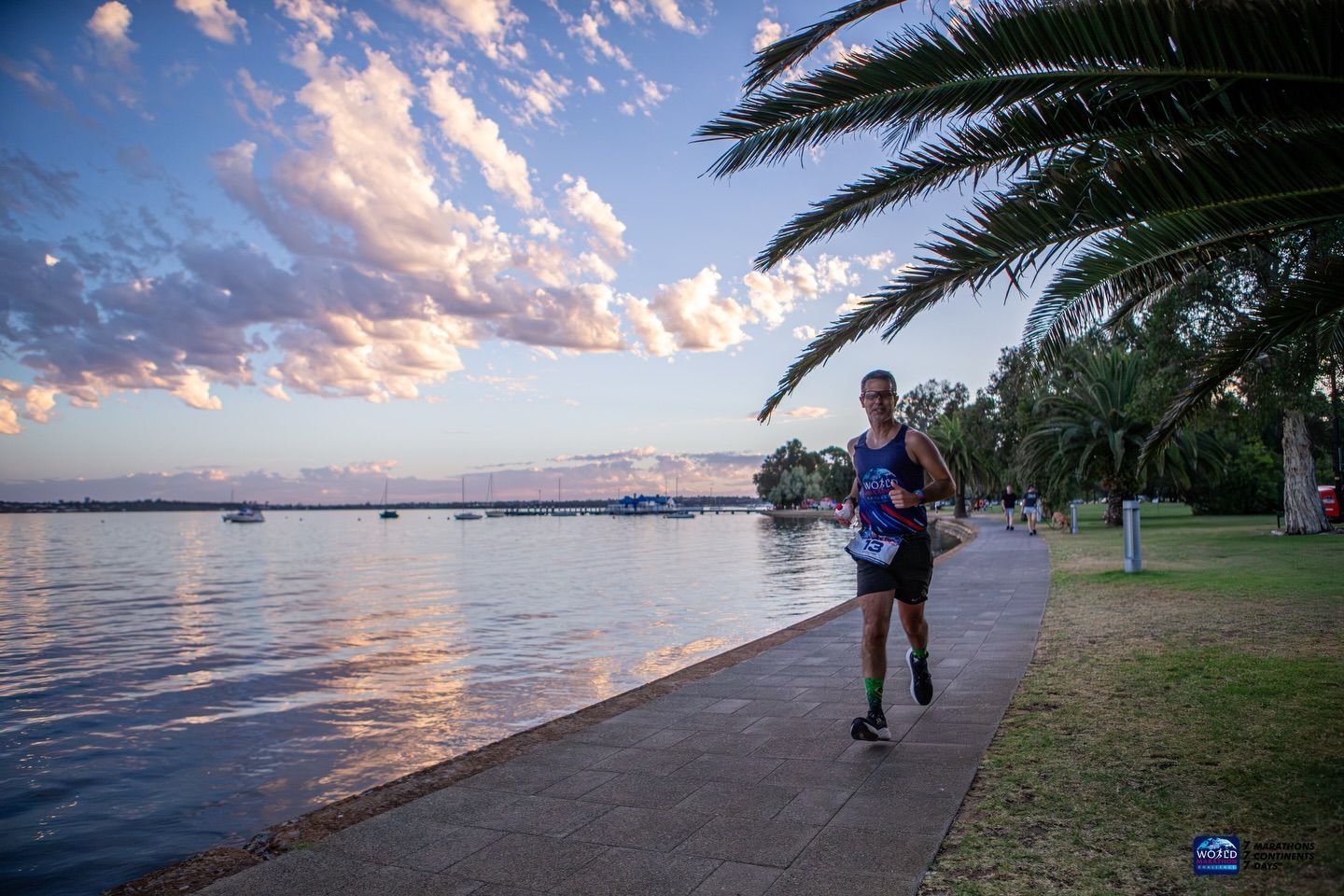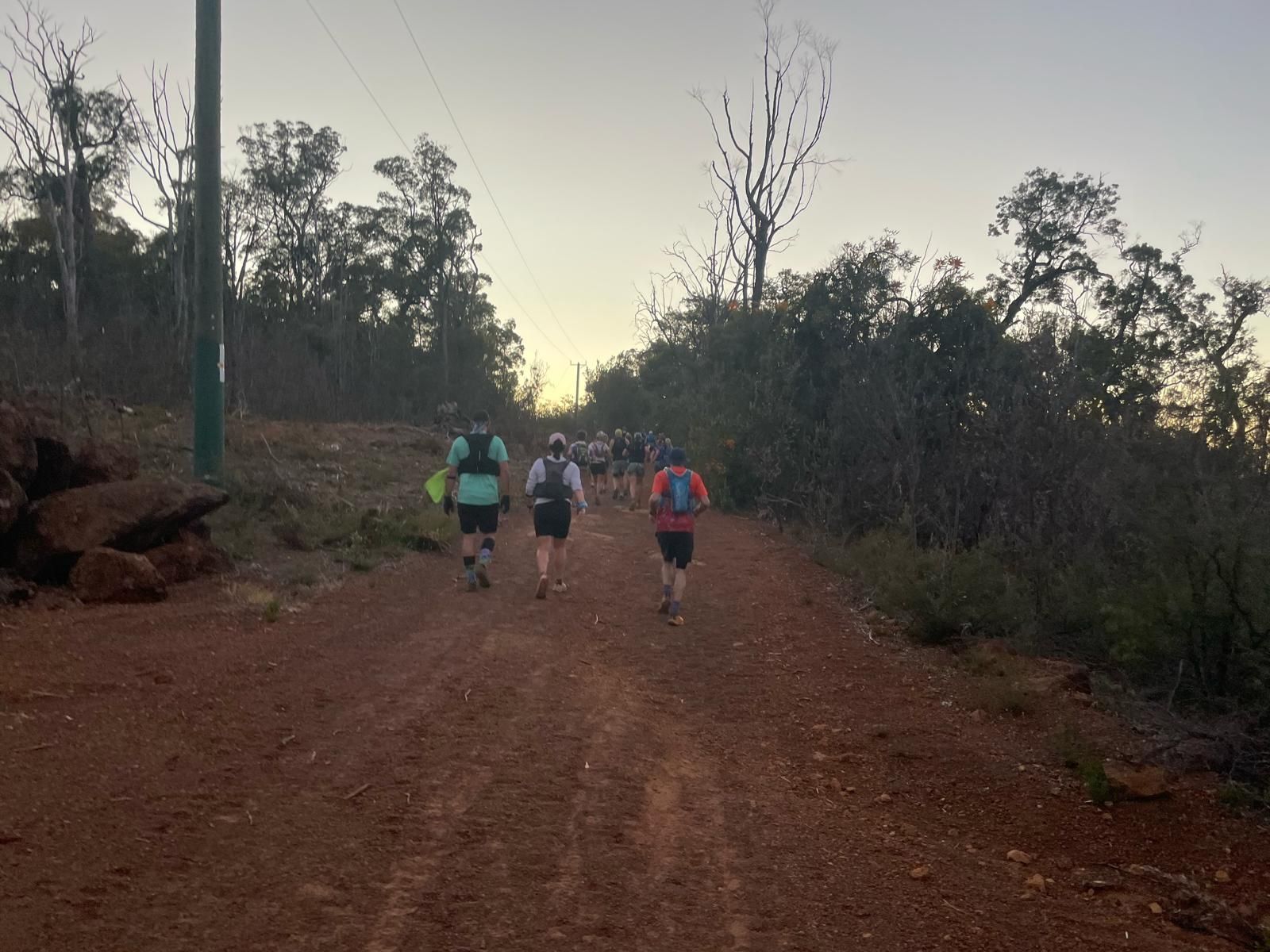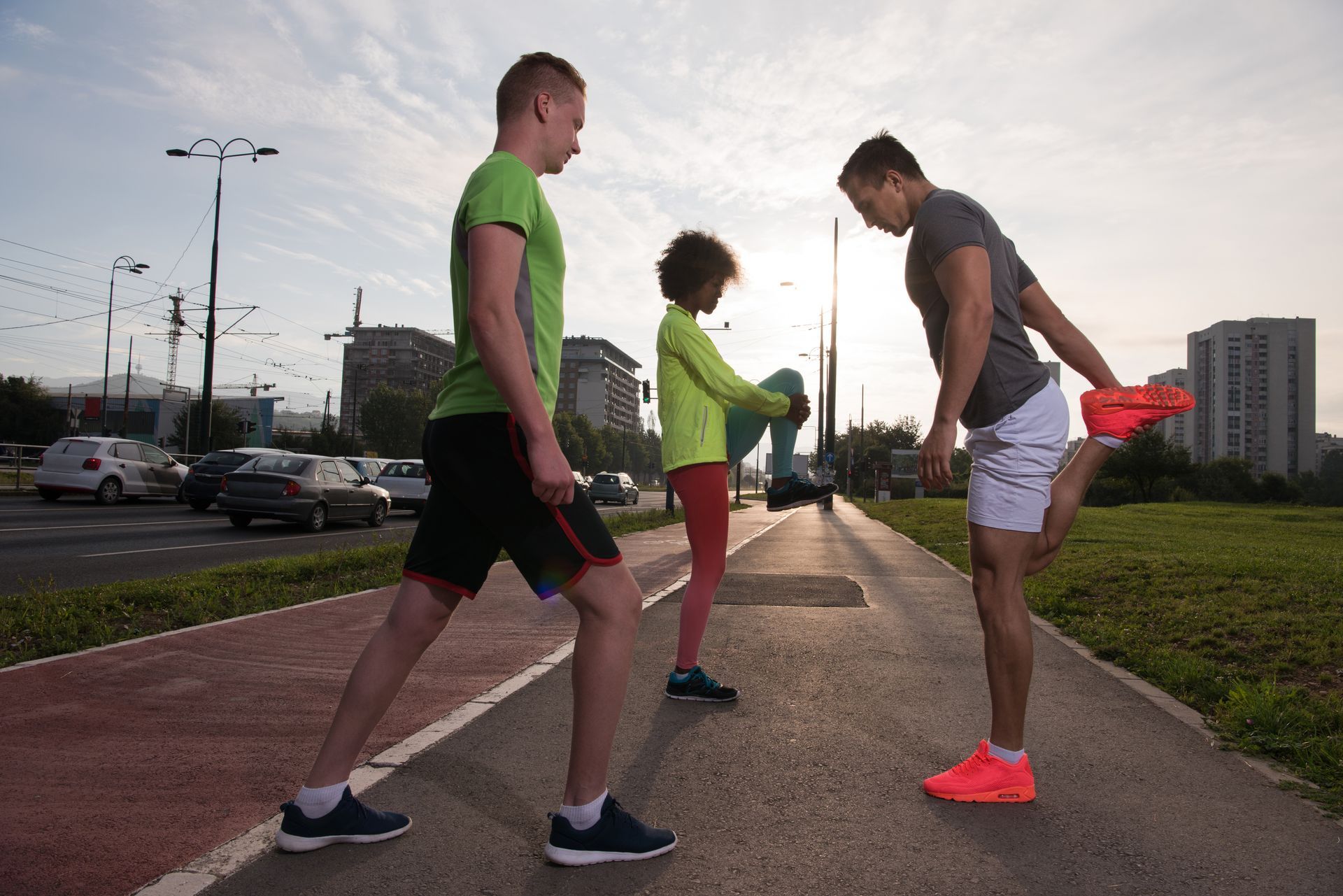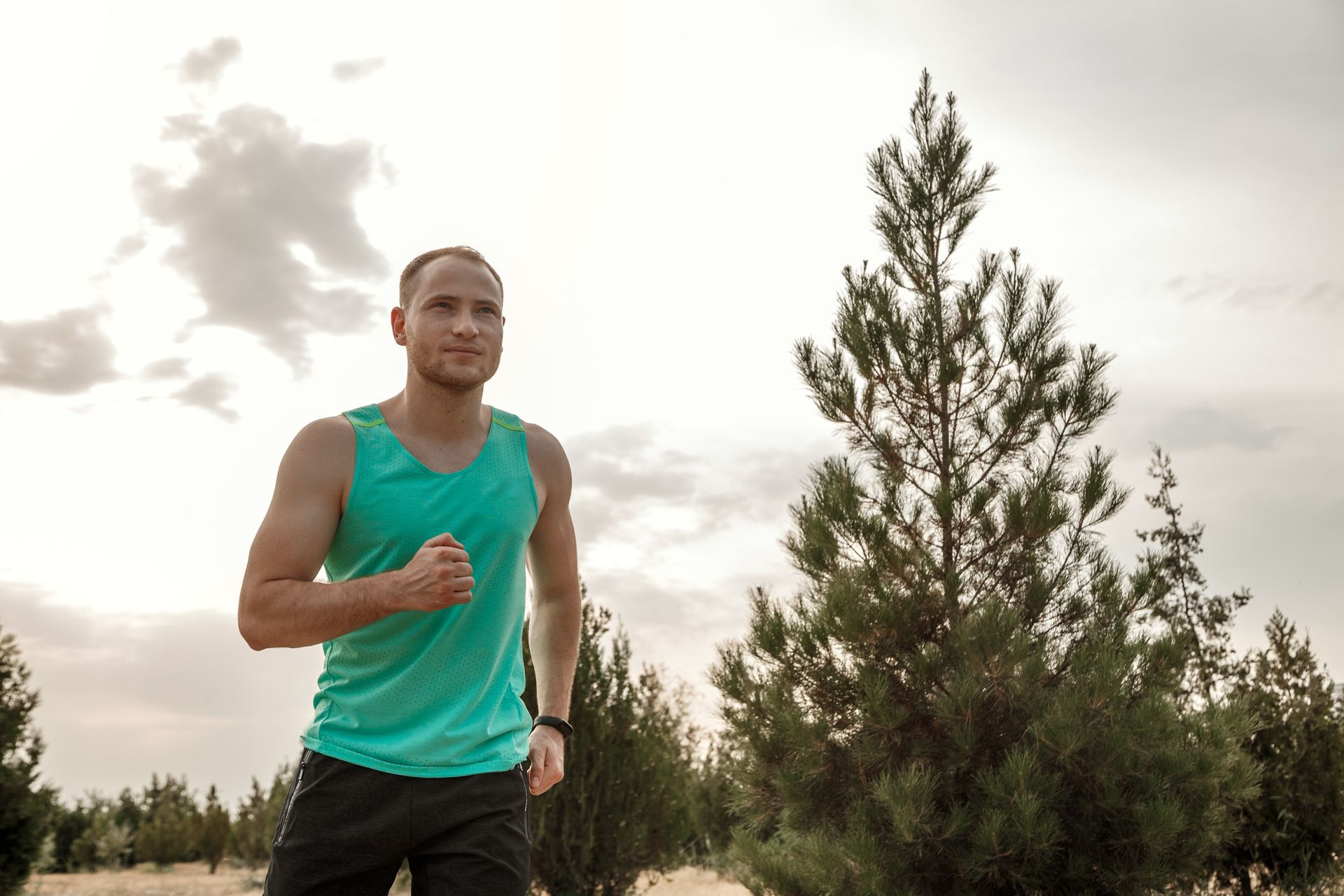Peta Carige (Accredited Practicing Dietitian, Accredited Sports Dietician) has a dual degree in a Bachelor of Science (Exercise Physiology) and a Bachelor of Science (Nutrition and Dietetics) and she has worked with several elite teams including the Brisbane Broncos, Qld Academy of Sports Football the Newcastle Knights and the Newcastle Jets. She currently consulates for The Australian Rugby Sevens, NSW Waratahs, NSW Rugby League and Manly Sea Eagles Rugby League.
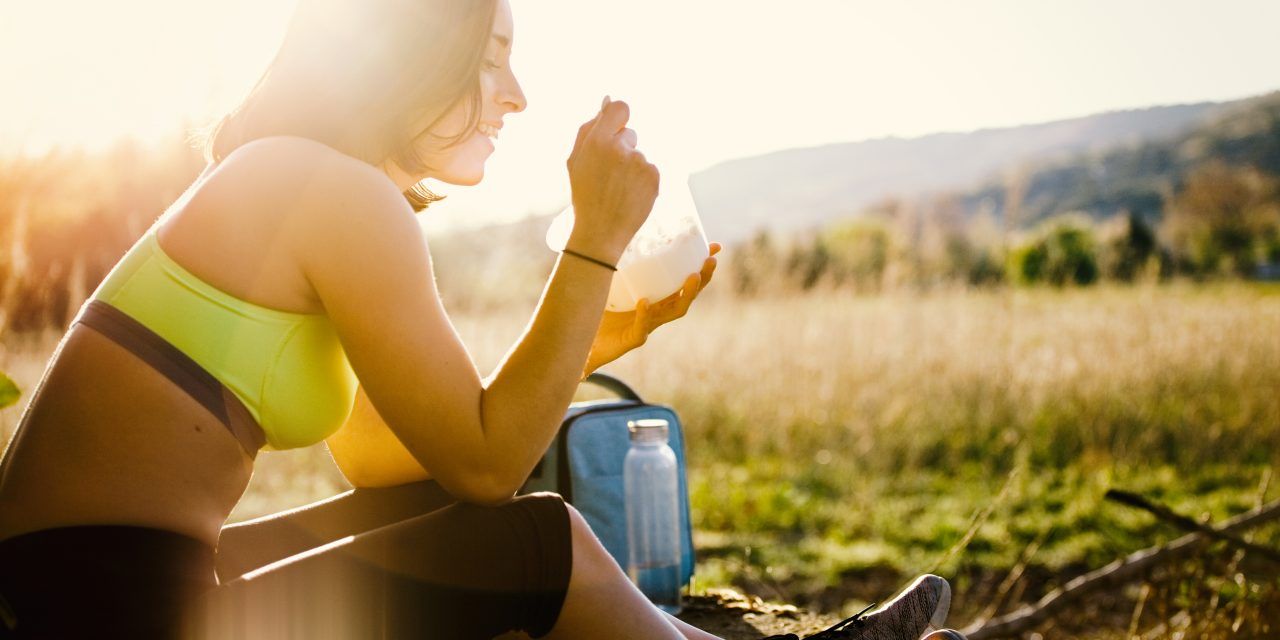
COACH’S CORNER: FUELING FOR ENDURANCE RUNNING
Having a plan of what to eat and drink during your upcoming endurance event is essential for the success of your event, however it is amazing how many times I have consulted or met people who haven’t thought about what they will eat until the week of, or even worse, the day before. To me, that is like training for six months, then forgetting your shoes on race day…crazy.
The three most common mistakes I see people make are:
- Eating too much in the 24-48 hours before the race. Yes you need to eat a bit more, but to compensate for the increase in volume, it is really important to choose low fibre options in the lead up to a race.
- Not snacking early or often enough, then suffering from gastrointestinal upset, or bonking early and they cannot recovery. It is important to eat small amounts frequently when participating in any endurance event. A general rule of thumb is to try and eat something every 30-45 minutes after the first hour but consult with your Sports Dietitian to figure out a more specific plan for yourself.
- Lastly, not practicing with foods and drinks in your training sessions. This is extremely important for logistical reasons, ie. it is hard to peel whole eggs while running downhill on a trail but also to ensure you prevent flavour fatigue, which will make a huge difference to your adherence of your race nutrition plan.
I recommend that you include a variety of sweet and savoury options (alternated) to prevent flavour fatigue and also include a variety of ‘real’ food (fruit), and ‘sports’ food (gels) to also prevent flavour fatigue and potential stomach discomfort.
In the training weeks leading up to an event it is important to TRIAL consuming as many different foods as possible during your training, so you have a list of foods that you a) like and b) feel comfortable with to consume during your event. The amount you would be required to include would vary depending on your weight, and the duration of your event.
The priority nutrient for during an endurance event is carbohydrates, with the amount you require dependent on your weight, the speed which you will complete the event and pre-race fuelling. A good guid to aim for is 1 gram per kilogram per hour (after the first hour), but for elite individuals, and the correct planning you can get this up to 1.6grams per hour.
The other nutrient considerations are protein and fats for satiety, and also your electrolyte consumption. I think variety in drinks is as important as variety in food. Having a mixture of drinks that vary in taste or even texture (ie. carbonated) can ensure that you continue to consume fluids for the entire duration of the event.
Below is a list of food and drink suggestions to try:
SWEET
- Fruit – whole
- Dried Fruit
- Trail mix with chocolate or dried fruit
- Lollies
- Gels
- Protein balls
- Protein bars
- Sports Drink
- Cordial
- Flat Coke
- Chews/jubes
- Honey sandwich – white bread
SWEET
- Boiled potatoes + salt
- Beef Jerky
- Savoury Protein Balls
- Sweet-corn/ham Fritters
- Zucchini slice
- Chips / crisps
- Pizza shapes
- Trail mix with salted nuts or pretzels
- Pretzels
- 2 minute noodles
- Electrolytes and soda water
- Vegemite sandwich – white bread
Once you have a list of foods and drinks that work for you, you can then figure out what you need to consume for your race quite easily. As a general rule, I try and start with as much whole food as possible at the start and then move towards, easier to digest options as you become more fatigued like lollies and chocolates.
Lastly, I think when you are working your way through this process, it is important that you figure out what works for you. Everyone has very different flavour preferences and different gastrointestinal tolerances during racing, so try not to compare yourself to the person beside you.
For a more individualised nutrition and fluid plan, please consult with your local Sports Dietitian.




